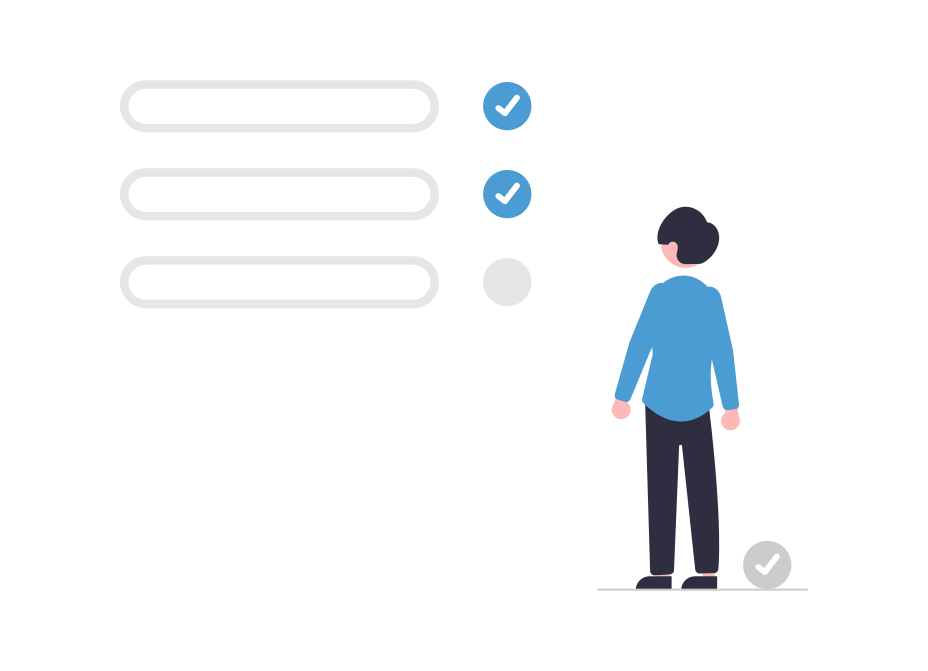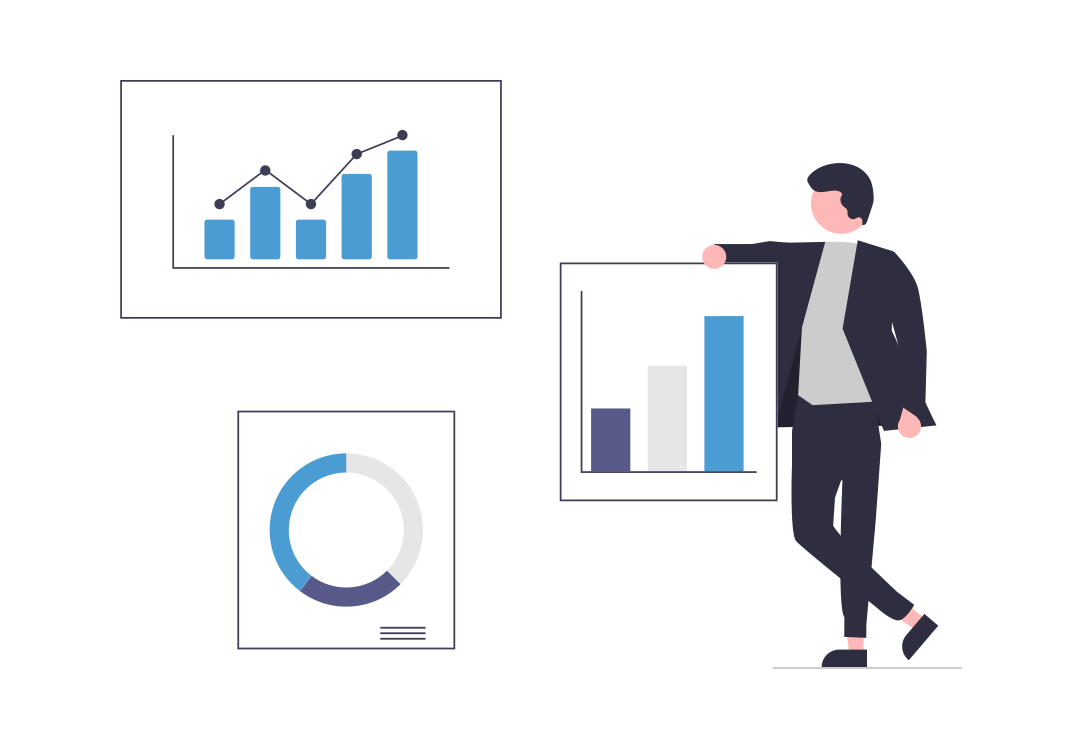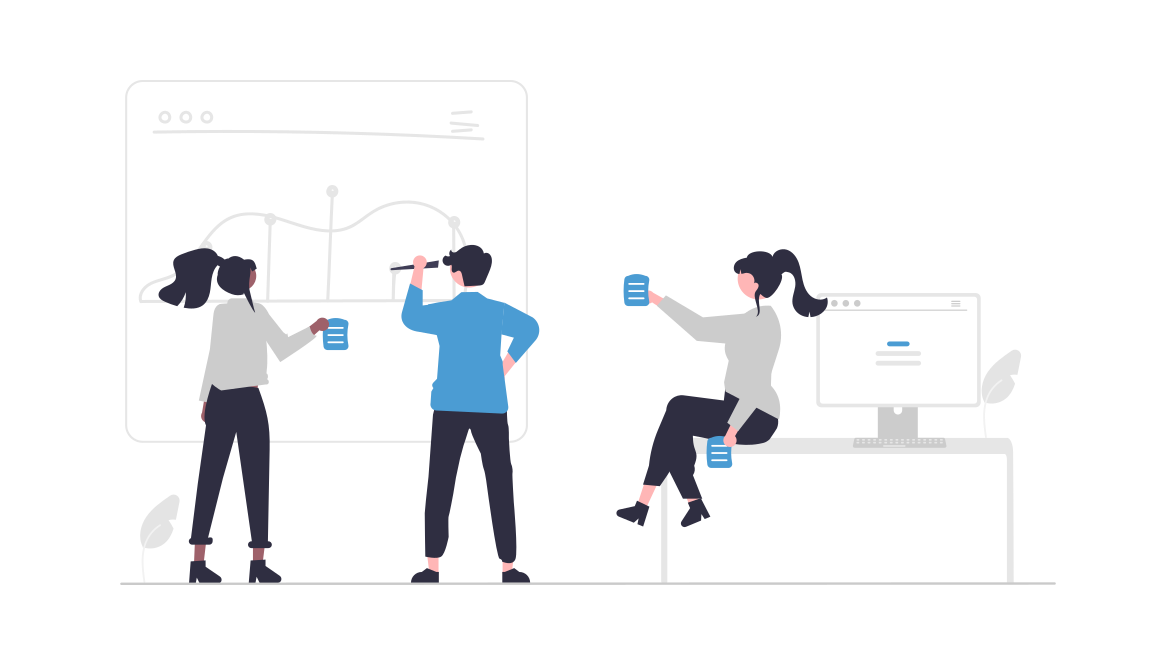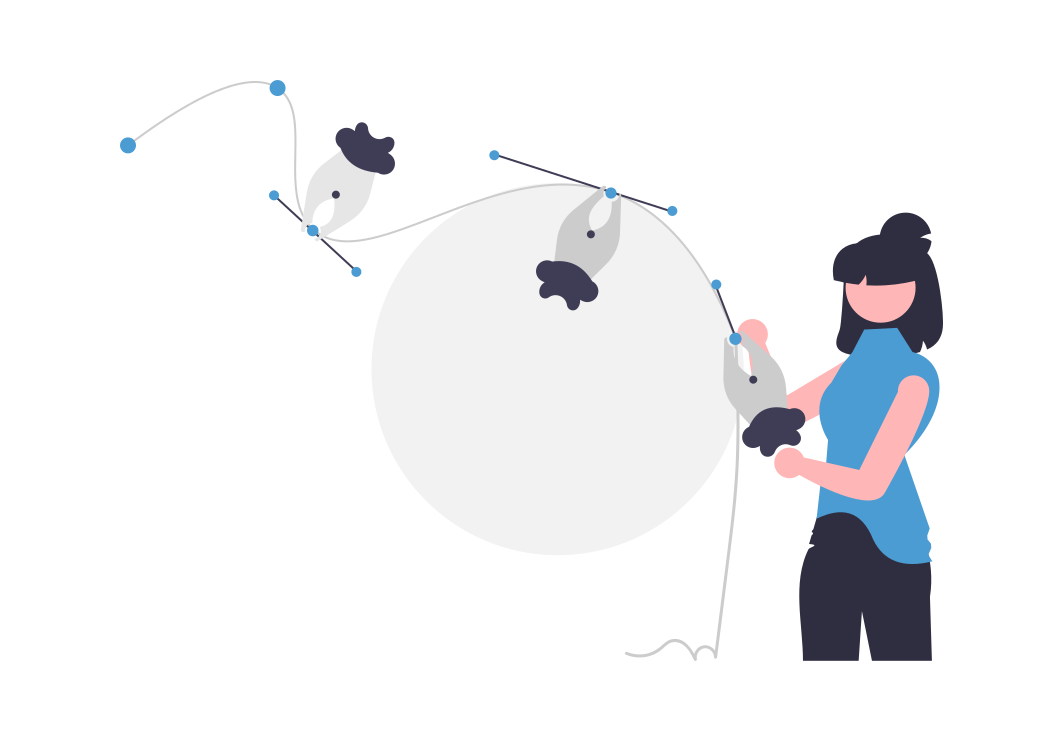Related Projects and Research
September 12, 2022 | LIVE: School of Data Science and Society
- Carolina Analytics & Data Science: Carolina Analytics & Data Science (CADS) is concerned with providing students interested in Data Science opportunities to grow personally, intellectually, professionally, and socially among a support network of students, professors, and professionals. This mission is to be accomplished through events, including a speaker series from industry professionals, data case competition, workshops, and investigating and analyzing University and community data to drive community-based projects and solutions.
- Boundary Objects and Beyond: Working with Leigh Star: The multifaceted work of the late Susan Leigh Star is explored through a selection of her writings and essays by friends and colleagues.
- Audience Outlook Monitor: Audience Outlook Monitor is an international collaboration between top researchers, funders, service organizations, and hundreds of cultural organizations who want to make informed decisions about how and when to re-start programming based on rigorous research data.
- Carolina Next: Carolina Next: Innovations for Public Good aims to turn the University’s vision and aspirational goals into readily understood, significant, implementable, measurable, strategic initiatives and opportunities.
- RENCI: RENCI (Renaissance Computing Institute) develops and deploys advanced technologies to enable research discoveries and practical innovations. RENCI partners with researchers, government, and industry to engage and solve the problems that affect North Carolina, our nation, and the world.
- Carolina Population Center: The team at the Carolina Population Center believes that understanding how and why populations change over time is key to advancing the well-being of all people. Their faculty, staff, and students conduct research on population, health, aging, and the environment, and share data and findings that push the field forward and train the next generation of population scholars.
- Sheps Center: The Cecil G. Sheps Center for Health Services Research seeks to improve the health of individuals, families, and populations by understanding the problems, issues and alternatives in the design and delivery of health care services.
- Lightning Talk | Inglorious Artists: Art-World Satire and the Market Economy for Art, 1750-1850: At the first Carolina Data Science Now seminar, Kathryn Desplanque spoke on her core book project, “Inglorious Artists: Art-World Satire and the Market Economy for Art, 1750-1850,” which examines a corpus of 530 satirical images of artistic life in Paris published between 1750 and 1850.
- The William Blake Archive: Over the course of two centuries, respect for the prints, paintings, and poems of William Blake (1757-1827) has increased to a degree that would have astonished his contemporaries. Today both his poetry and visual art in several media are admired by a global audience. In the broadest terms, the William Blake Archive is a contemporary response to the needs of this dispersed and various audience of readers and viewers and to the corresponding needs of the collections where Blake’s original works are currently held.
- Scientific Data Journal: Scientific Data is a peer-reviewed open-access journal for descriptions of datasets and research that advances the sharing and reuse of research data.
July 28, 2022 | Zero-to-Sixty
- Odum Institute for Research in Social Science: Founded in 1924, the Odum Institute supports the social science teaching and research mission at UNC. We provide a range of consulting services on quantitative and qualitative methods, GIS and spatial analysis, survey research and data management.
- UNC Dataverse: The Odum Institutes manages and provides access to the UNC Dataverse repository to enable individual scientists, research teams, scholarly journals, and other members of the research community to archive and publish their own datasets.
- Global Dataverse Community Consortium: The Global Dataverse Community Consortium (GDCC) is dedicated to providing international organization to existing Dataverse community efforts, and will provide a collaborative venue for institutions to leverage economies of scale in support of Dataverse repositories around the world.
- NIH HEAL Initiative Data Stewardship Group: The HEAL Data Stewardship Group is working across the HEAL Data Community to provide solutions for managing and coordinating the diverse data across The Helping to End Addiction Long-Term Initiative℠, or NIH HEAL Initiative℠.
- HeLx Team: Please reach out to the HeLx team if you’d like to find out more about EduHeLx.
- Docker: Docker takes away repetitive, mundane configuration tasks and is used throughout the development lifecycle for fast, easy and portable application development – desktop and cloud.
- Kubernetes: Kubernetes, also known as K8s, is an open-source system for automating deployment, scaling, and management of containerized applications.
- iRODS: The Integrated Rule-Oriented Data System (iRODS) is open source data management software used by research, commercial, and governmental organizations worldwide.
- Google Cloud Platform: Meet your business challenges head on with cloud computing services from Google, including data management, hybrid & multi-cloud, and AI & ML.
- Amazon S3: Amazon Simple Storage Service (Amazon S3) is an object storage service offering industry-leading scalability, data availability, security, and performance.
June 23, 2022 | More than Numbers
- Accessible Visualization via Natural Language Descriptions: A Four-Level Model of Semantic Content: http://vis.csail.mit.edu/pubs/vis-text-model/
- Apache cTAKES™: A natural language processing system for extraction of information from electronic medical record clinical free-text.
- Augmenting Visualizations with Interactive Data Facts to Facilitate Interpretation and Communication: https://faculty.cc.gatech.edu/~john.stasko/papers/infovis18-voder.pdf
- CHIP (Carolina Health Informatics Program): The Carolina Health Informatics Program (CHIP) is an interdisciplinary research and training program that plays a key role in fulfilling UNC-Chapel Hill’s commitment to improving human health through health informatics research, data sharing, development, and education.
- Danielle Szafir’s Research Site
- Snigdha Chaturvedi’s Research Site
- VACLab (Visual Analysis and Communications Laboratory): The Visual Analysis and Communication Laboratory (VACLab) conducts research at the intersection of interactive visualization, human-computer interaction, and machine learning. Led by Dr. David Gotz, the VACLab develops new methods of interactive visualization to support more efficient, effective, and intuitive information analysis and communication. Some notable projects include:
- VisuaLab: VisuaLab explores the intersection of data science, visual cognition, and computer graphics. Our goal is to understand how people make sense of visual information to create better interfaces for exploring and understanding information. We work with scholars from psychology to biology to the humanities to design and implement visualization systems that help drive innovation. Our ultimate mission is to facilitate the dialog between people and technologies that leads to discovery.
May 26, 2022 | Improving Health Outcomes
- ROBOKOP: Robokop is a biomedical reasoning system that interacts with many biomedical knowledge sources to answer questions. Robokop is one of several prototype systems under active development with NIH NCATS.
- Obesity Creativity Hub: The Obesity Creativity Hub is a large collaborative project with 27 faculty from 16 departments, six schools, and five centers and institutes focused on understanding why two people who consume the same diets and exercise equally can have very different susceptibility to weight gain, with the aim of developing treatment approaches that go far beyond the “one-size-fits-all” approach that is so common.
- Opioid Data Lab: The Opioid Lab is a collaboration between the University of North Carolina at Chapel Hill, the University of Kentucky in Lexington and the University of Florida aimed at studying opioid analgesics, stimulants, and heroin-fentanyl. The Opioid Lab collaborates with pain patients and people who use drugs to answer research questions with real-life implications.
- Opioid Data Lab GitHub: Check out the Jupyter Notebooks, Data, and Code shared publicly by the Opioid Data Lab. Datasets contain no personally identifying information and are either used with permission or only contain public data. Each set of code listed below is provided for public use, with the author’s consent. Each code set contains a license that details sharing and reuse permissions. Code is written in SAS, Python, Stata, and/or R. These materials are open for use for anyone with an interest in reducing the harm from prescription opioids and heroin.
- UNC Street Drug Analysis Lab: The UNC Street Drug Analysis Lab is a public service of UNC-CH involving public health drug checking by mail. Results are typically returned in a week and samples are kept completely anonymous.
- PurIST GitHub Repo: This is the public GitHub repository that contains the R package for the Purity Independent Subtyping of Tumors (PurIST) algorithm.
- runPURIST GitHub Repo: Check out the public repository that contains the GUI for technicians to run the PurIST algorithm with their data.
March 24, 2022 | Transforming Youth Advocacy
- QuantCrit: education, policy, ‘Big Data’ and principles for a critical race theory of statistics: Quantitative research enjoys heightened esteem among policy-makers, media, and the general public. Whereas qualitative research is frequently dismissed as subjective and impressionistic, statistics are often assumed to be objective and factual. The paper’s authors argue that these distinctions are wholly false; quantitative data is no less socially constructed than any other form of research material.
- Anthony, Noah, Gabriel and beyond: How to fix L.A. County DCFS: In the long, troubled history of L.A. County child abuse cases, certain names stand out as avatars of how the system can go terribly awry. Anthony Avalos. Gabriel Fernandez. Noah Cuatro. L.A. County has seen a focus towards intense scrutiny on what a number of racial justice advocates and elected officials say is an implicit bias that may make some Department of Children and Family Services workers more prone to regard poor families and parents of color as unfit to raise their children.
February 24, 2022 | Tackling Underrepresentation in Data Science
- On the Books: Jim Crow and Algorithms of Resistance is a collections as data and machine learning project of the University of North Carolina at Chapel Hill Libraries with the goal of discovering Jim Crow and racially-based legislation signed into law in North Carolina between Reconstruction and the Civil Rights Movement (1866/67-1967).
- PIEGraph (Twitter account needed to use tool): This tool was developed to study and promote fact-based information consumption practices. It tracks news, political, and media sources that appear in your Twitter feed (your “Personal Information Environment”) and provides a visual representation (a “Graph”) of their political leaning and factual content scores based on ratings from Media Bias/Fact Check.
- Big Data, Precision Medicine, Research and Resilience in Southeast Indian Country symposium – March 24, 2022: Join leading Indigenous health leaders and scientists as they discuss the ethical use of Native genetic, microbiome, biological, and cultural data. A one-day virtual symposium featuring a renowned Indigenous keynote speaker, leading Native scientists and health experts, conversation with Tribal leaders, and a Science, Technology, Engineering, Art, and Math (STEAM) event for graduate, undergraduate and high school students. This is a Native designed program. The event is organized and led by Southeast Native American Health Data (SENAHD) and the Native BioData Consortium, and supported by the Odum Institute.
January 26, 2022 | Series Kickoff: Usual and Unusual Suspects in Data Science
- Desert Networks Project: “Desert Networks” is a scientific research project funded by the European Research Council. The project focuses on the physical, economic and social networks that have linked the Egyptian Eastern Desert and have enabled people to survive in a hostile environment and to exploit its resources for almost two millennia, from the mid-second millennium BC until the late third-early fourth century AD.
- Digital Athens (Vrysaki) Project: The Digital Athens Project began in the fall of 2014. The initial aim of this project was to produce a comprehensive digital map in ArcGIS of the archeological remains of ancient Athens uncovered both in systematic and rescue excavations. The next phase of the project, which began in the summer of 2020, is focused on the history of excavations in the Athenian Agora, initiated in the 1930s under the auspices of the ASCSA.
- Setting the Art World Ablaze | Endeavors: Upon discovering a series of political cartoons mocking artists in 18th– and 19th-century France in 2010, UNC-Chapel Hill art historian Kathryn Desplanque couldn’t stop searching for them. Now, she has amassed more than 500 and is using them to redefine how we think about art and the artist in modern-day society.
Other Resource Categories




